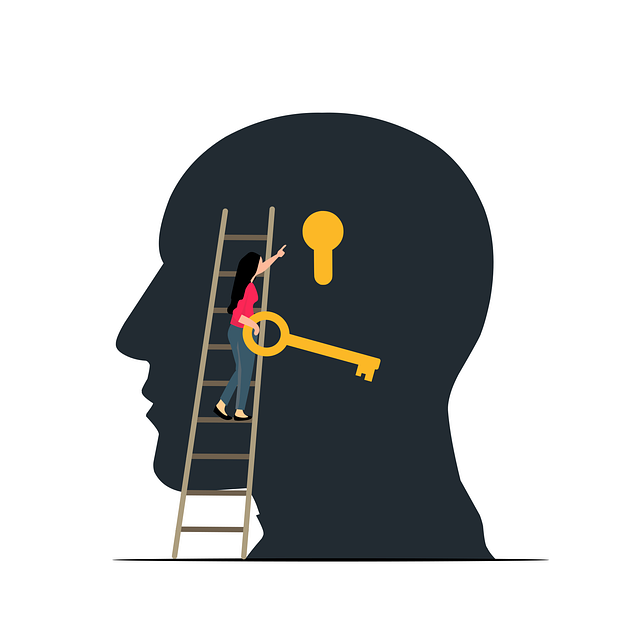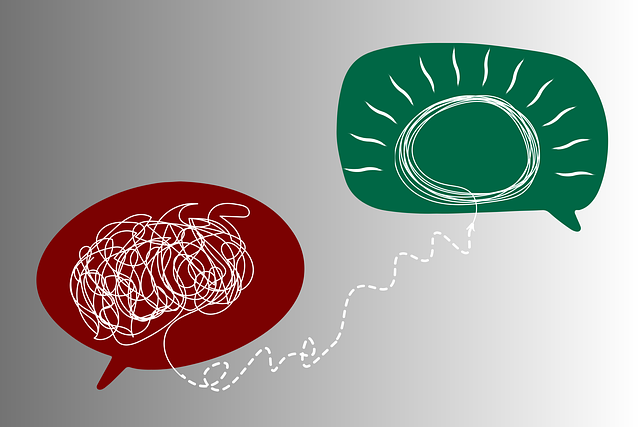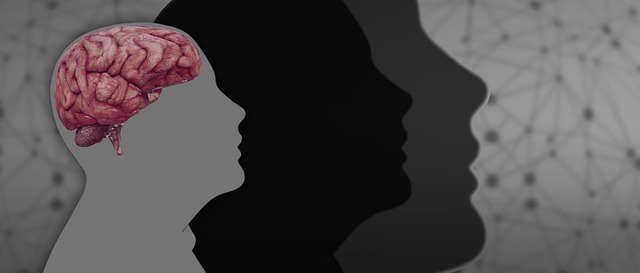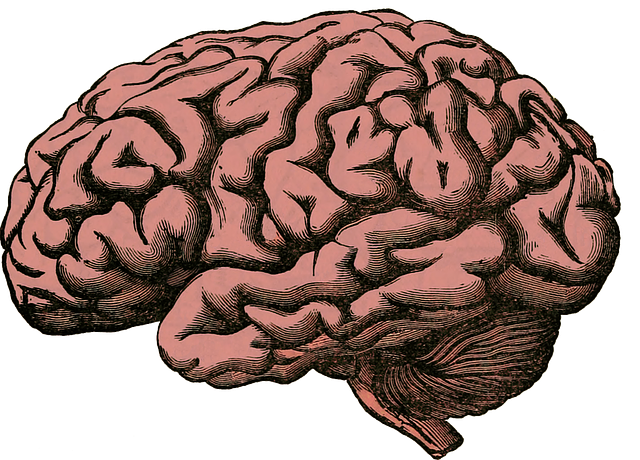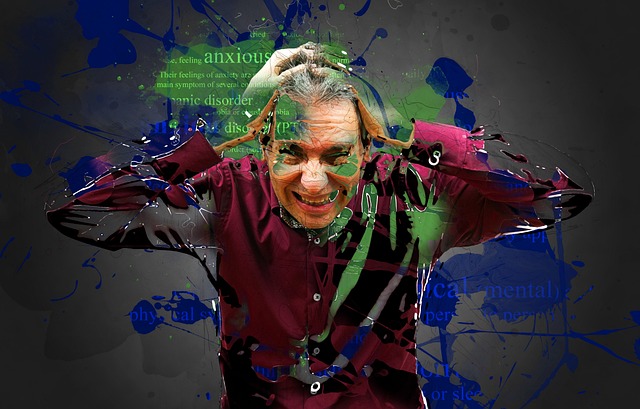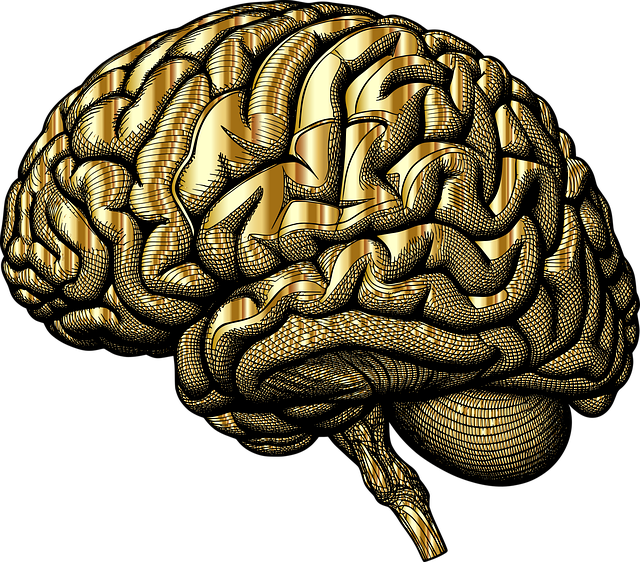Mental illness diagnosis faces challenges due to subjective assessments and limited capture of nuanced experiences, especially in diverse populations. Traditional methods may lead to misinterpretations or misdiagnoses. Integrating new research and therapeutic approaches like Parker Biofeedback Therapy, which leverages biofeedback for self-regulation, alongside compassion cultivation practices and emotional intelligence building strategies, enhances diagnostic accuracy. This therapy improves patient-therapist relationships, provides objective data, and encourages self-reflection, fostering active participation in healing and personalized treatment plans. By combining biometric readings with traditional methods, Parker Biofeedback Therapy enables mental health professionals to achieve more accurate diagnoses, improve patient outcomes, and promote long-term recovery.
Mental illness diagnosis accuracy has long been a point of concern in healthcare. This article delves into the multifaceted efforts aimed at enhancing diagnostic precision, exploring critical areas such as current challenges, innovative solutions like Parker Biofeedback Therapy, technological advancements, enhanced training programs, and patient-centric approaches. By examining these strategies, we can foster more effective mental health treatment and improve overall patient outcomes. Specifically, we’ll highlight the potential of Parker Biofeedback Therapy in navigating the complexities of mental illness diagnosis.
- Understanding the Current Challenges in Mental Illness Diagnosis
- The Role of Parker Biofeedback Therapy in Enhancing Accuracy
- Technological Advancements for Improved Assessment Tools
- Training and Education: Equipping Healthcare Professionals
- Patient-Centric Approaches for Better Treatment Outcomes
Understanding the Current Challenges in Mental Illness Diagnosis

Mental illness diagnosis faces several challenges that impact accuracy and patient outcomes. One significant hurdle is the subjective nature of assessment, where symptoms are often reported anecdotally by individuals, potentially leading to misinterpretations or misdiagnoses. Traditional diagnostic methods, while standardized, may not fully capture the nuanced experiences of mental health conditions, especially in diverse populations.
Additionally, the integration of new research findings and therapeutic approaches, like Parker Biofeedback Therapy, is essential for improving diagnosis accuracy. This therapy, which leverages biofeedback techniques to enhance self-regulation, can provide valuable insights into an individual’s physiological responses during emotional states. By combining such innovative practices with established methods, such as Compassion Cultivation Practices and Emotional Intelligence building strategies, mental health professionals can foster a more holistic understanding of mental illness, improving diagnostic precision.
The Role of Parker Biofeedback Therapy in Enhancing Accuracy

Parker Biofeedback Therapy emerges as a powerful tool in the quest for enhancing mental illness diagnosis accuracy. This therapeutic approach focuses on empowering individuals with self-regulation skills, enabling them to gain deeper insights into their physiological responses during emotional or stressful situations. By measuring and providing real-time feedback on bodily reactions such as heart rate variability, skin conductance, and muscle tension, biofeedback therapy facilitates a unique level of awareness.
This heightened awareness plays a crucial role in improving diagnosis accuracy by enhancing the patient-therapist relationship. As individuals learn to recognize their body’s cues, therapists can better understand the nuances of emotional experiences, leading to more precise interpretations. Moreover, Parker Biofeedback Therapy complements traditional talk therapies and Empathy Building Strategies by offering tangible, objective data that supports subjective reports, thereby strengthening the foundation for accurate mental wellness assessments. It also encourages individuals to engage in Mental Wellness Journaling Exercise Guidance, fostering self-reflection and promoting active participation in their healing journey. Additionally, the confidence boost associated with mastering biofeedback techniques can positively influence an individual’s overall outlook and willingness to seek professional help when needed.
Technological Advancements for Improved Assessment Tools

The integration of technology into mental health assessment has been a game-changer in enhancing diagnosis accuracy and improving patient outcomes. One notable example is Parker Biofeedback Therapy, which leverages advanced tools to monitor physiological responses during therapy sessions. By tracking heart rate, skin conductance, and other biometric data, therapists can gain valuable insights into an individual’s emotional state, enabling more precise assessments and personalized treatment plans.
These technological advancements complement traditional assessment methods, such as clinical interviews and self-reported questionnaires. They provide real-time data that helps in identifying subtle changes in patients’ mental states, especially during crises. Additionally, they offer crisis intervention guidance by alerting healthcare providers to potential burnout prevention strategies for themselves and their clients, ensuring sustained empathy building strategies over time.
Training and Education: Equipping Healthcare Professionals

Mental illness diagnosis accuracy has long been a topic of concern in healthcare. To address this challenge, significant efforts are being made to equip healthcare professionals with advanced training and education. One innovative approach gaining traction is Parker Biofeedback Therapy, which combines traditional therapy methods with biofeedback techniques to enhance mood management and depression prevention. By integrating self-care practices into their routine, mental health professionals can improve diagnostic accuracy by better understanding individual patient responses.
This renewed focus on training enables healthcare providers to stay updated with the latest research and treatment modalities, fostering more precise diagnoses. Moreover, continuous education encourages a holistic approach to mental illness, considering not just symptoms but also the unique biological and psychological factors that contribute to each patient’s experience. Such comprehensive training ultimately leads to improved patient outcomes by ensuring that mental health professionals are well-equipped to navigate the complexities of mental illness diagnosis and treatment.
Patient-Centric Approaches for Better Treatment Outcomes

In recent years, a shift towards patient-centric approaches has emerged as a powerful tool to enhance mental illness diagnosis accuracy and improve treatment outcomes. This paradigm change focuses on empowering individuals to take an active role in their mental wellness journey. By integrating self-care practices and fostering emotional intelligence, patients can better understand their unique experiences and symptoms. Techniques such as Parker Biofeedback Therapy play a pivotal role in this context. Biofeedback training equips individuals with the skills to monitor and regulate physiological responses, thereby enabling them to make informed decisions about their mental health management.
This patient-centric perspective not only improves diagnosis accuracy but also promotes long-term recovery. When patients are encouraged to practice self-care and develop emotional intelligence, they gain a deeper sense of control over their mental wellness. This proactive approach reduces the reliance on external support systems alone and ensures that individuals have the tools necessary to navigate challenges effectively, ultimately leading to better health outcomes.
Mental illness diagnosis accuracy has long presented significant challenges, but with efforts like Parker Biofeedback Therapy, technological advancements, and improved training, these obstacles are gradually being overcome. By combining evidence-based practices with innovative tools, healthcare professionals can navigate the complexities of mental health assessment more effectively. This multi-faceted approach ensures patient-centric solutions, ultimately enhancing treatment outcomes and fostering a more compassionate and competent healthcare system.
